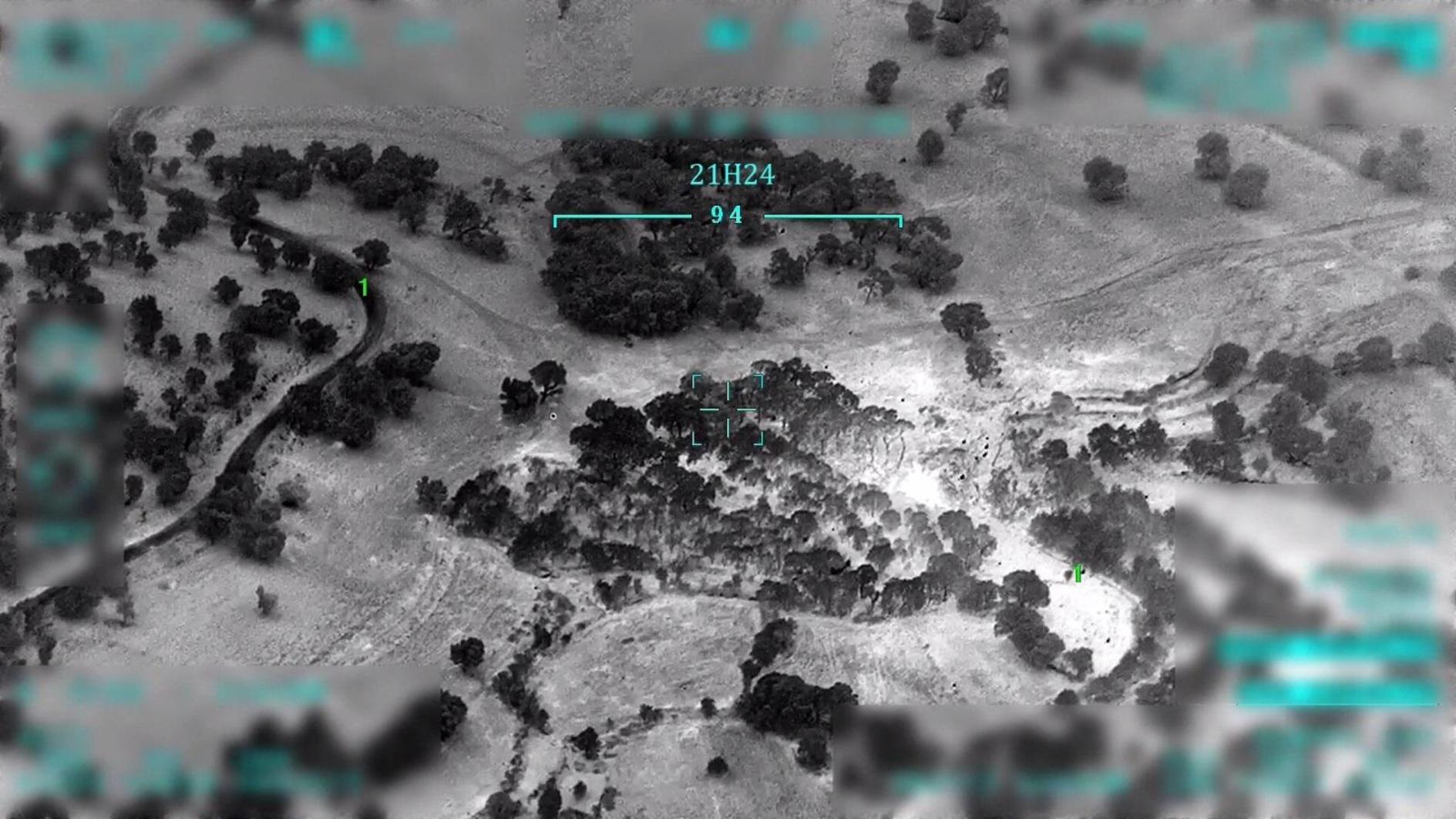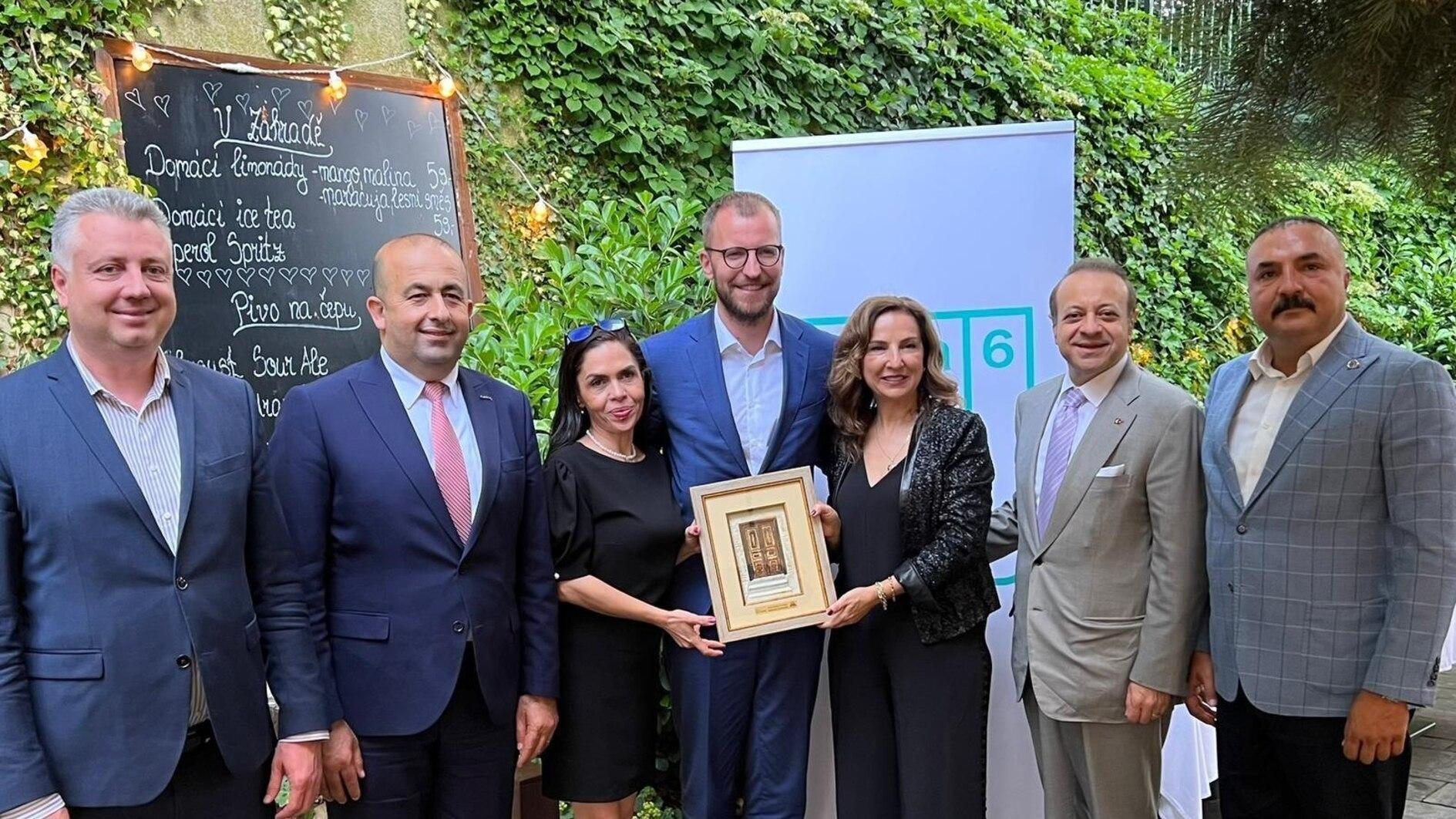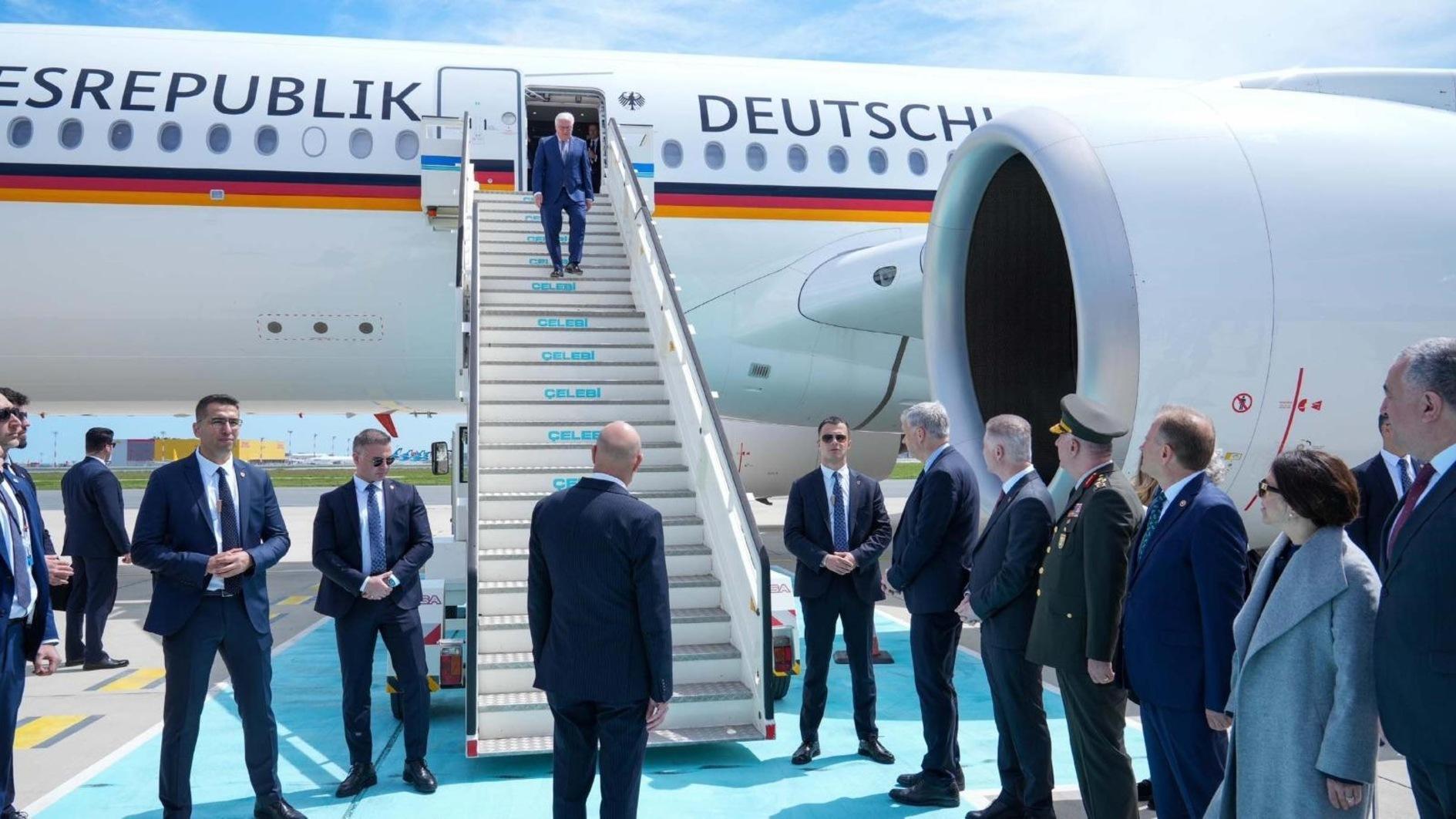Turkey, Iraq set for new beginning
If there are no last-minute changes, Turkish Prime Minister Binali Yıldırım will spend his weekend in Iraq, first in Baghdad and then in Arbil, in talks with both the central and regional governments. In Baghdad, Yıldırım will be hosted by Prime Minister Haider al-Abadi and in Arbil by the president of the Iraqi Kurdistan Regional Government, Massoud Barzani.
Yıldırım and al-Abadi will co-chair the third meeting of the High-Level Strategic Cooperation Council with the participation of a number of ministers from both sides, including the energy, economy, trade, foreign, defense and transport ministers.
After a year of tension in ties due to Turkey’s military presence in Bashiqa, near Mosul, Yıldırım’s visit will surely mark a new era between Ankara and Baghdad.
As the entire Middle East has been dragged into the abyss with unending armed conflicts and left reeling by deep political and social crises, Turkey’s attachment and its will to cooperate with regional countries has vital importance. It has been proven that the absence of sound dialogue between regional countries only make things worse and puts each and every state in jeopardy.
This is particularly significant for Turkey, which has long been suffering from internal and external terrorism in the last 18 months. That’s why the fight against the outlawed Kurdistan Workers’ Party (PKK) will be one the most important issues to be discussed between Turkish and Iraqi officials. It has two dimensions: the PKK’s presence in Kandil Mountain in northern Iraq and its efforts to bring Sinjar under its control.
Ankara has been encouraged by recent statements by al-Abadi who said the “PKK’s use of Iraqi soil to attack Turkey is unacceptable.” However, this statement alone does not mean much to Turkey. This should be accompanied by concrete acts by either central or regional government, say Turkish officials.
Talks will include a fresh understanding on security although the details will be discussed by the two leaders over the weekend.
The Turkey-Iraq reconciliation process requires a holistic approach and needs to be seen as complimentary to the Turkey-Russia partnership to broker a nationwide cease-fire in Syria and to launch a new political engagement to peacefully resolve Syria’s unrest.
Stability in Syria and normalcy in Turkey’s ties with regional actors will certainly help Turkey become more resilient against challenges and threats posed by terrorist organizations and other interest groups. That’s why the visit to Baghdad could be interpreted as another outcome of Yıldırım’s foreign policy motto: “We will increase the number of our friends and we will lessen the number of our foes.”
That does not mean that Turkey and Iraq will resolve all their differences on the status of the Bashiqa camp and the Syrian problem, but they will be able to engage in a dialogue so that they can better understand each other and find ways to cooperate.
The most likely area where the two neighbors can invest jointly is energy. As a major oil producer, Iraq might opt for the Turkish route to transport its reserves to world markets and Turkey could see its southern neighbor as a big market with a young generation.
Yıldırım’s meetings with Baghdad and Arbil will open a new chapter in bilateral ties and promise deep effects on regional political and security balances.











